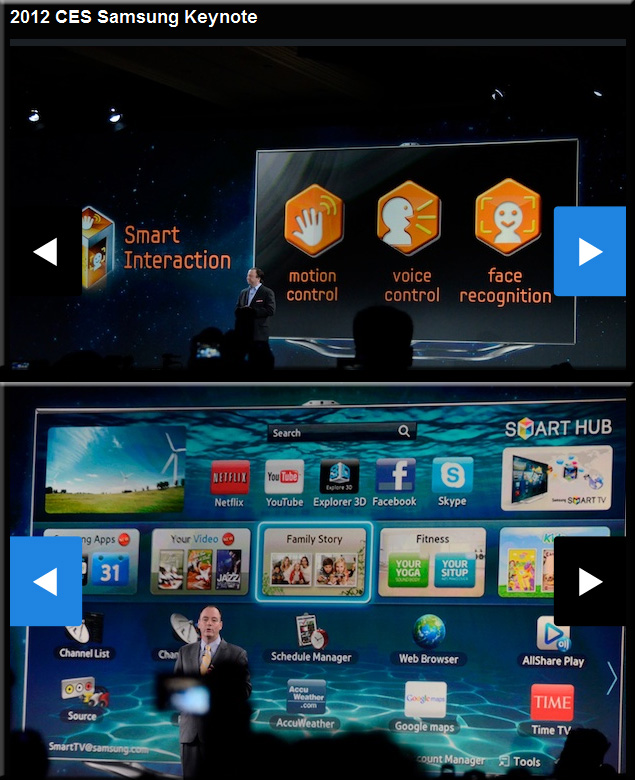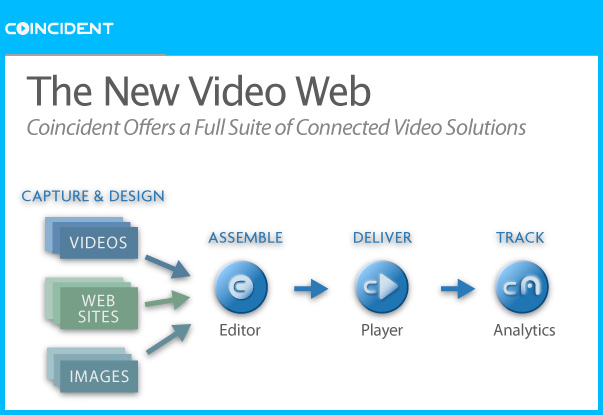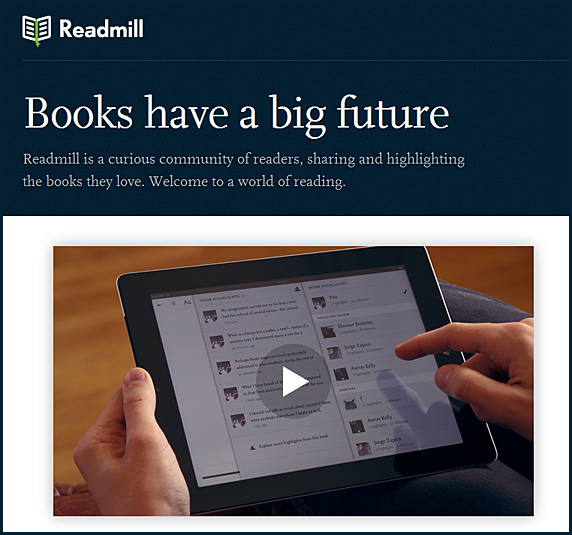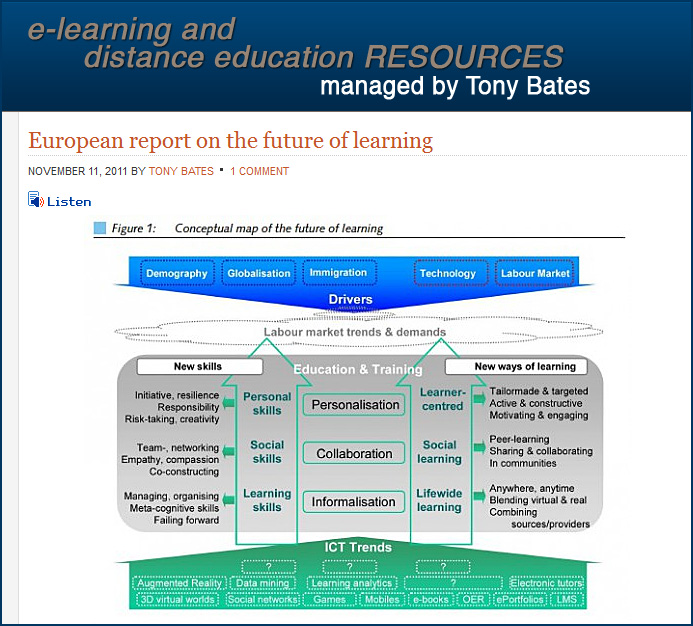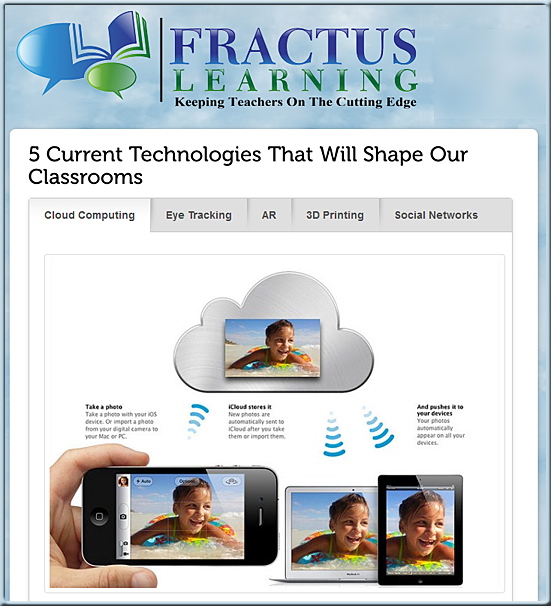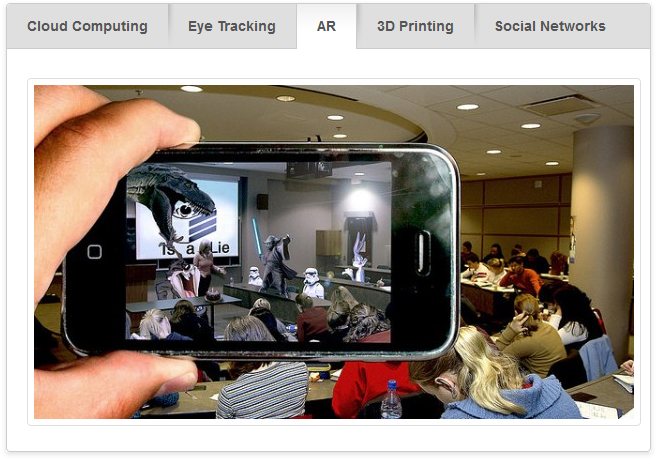Education 2.0 isn’t coming. It’s here. And the way you’re educated will be changed forever. — from bostinno.com by Dave Balter
Excerpt (emphasis DSC):
Sometime in late 2010, I sat down with angel investor Josh Abramowitz in NYC. I asked him to invest in Smarterer, a business whose purpose was to validate people’s digital, social and technical skills. What I encountered for the next hour wasn’t someone merely evaluating my specific business concept – it was an attack on the entire higher education system.
Josh argued that our higher education system was on the verge of crumbling. Not because there weren’t marvelous educators or exceptional institutions, but because colleges and universities were charging exorbitant sums that weren’t equal to the return. Our educators were burying our students with tremendous debt. But increasingly sophisticated learning and credentialing opportunities were emerging online, and they were free or nearly free. And this disparity would lead to a full-fledged education revolution, he predicted.
…
What the Universities need to know is that what’s coming for education is something like the shift the music industry failed to see until it was too late. Things will never be the same again. Instead of griping about how hard it will be to tap their endowments to pay for education, they should be thinking about how to take advantage of the changes.
To save their universities, here’s the three-pronged ecosystem that every University Leader should start thinking about…
Also see:
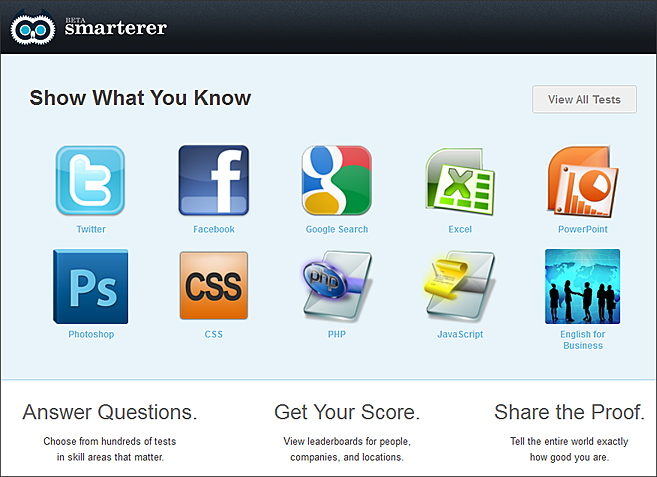










![BusinessEurope-FutureOfIntTV-Feb9-2012 The future of internet TV [Europe]](http://danielschristian.com/learning-ecosystems/wp-content/uploads/2012/02/BusinessEurope-FutureOfIntTV-Feb9-2012.jpg)

